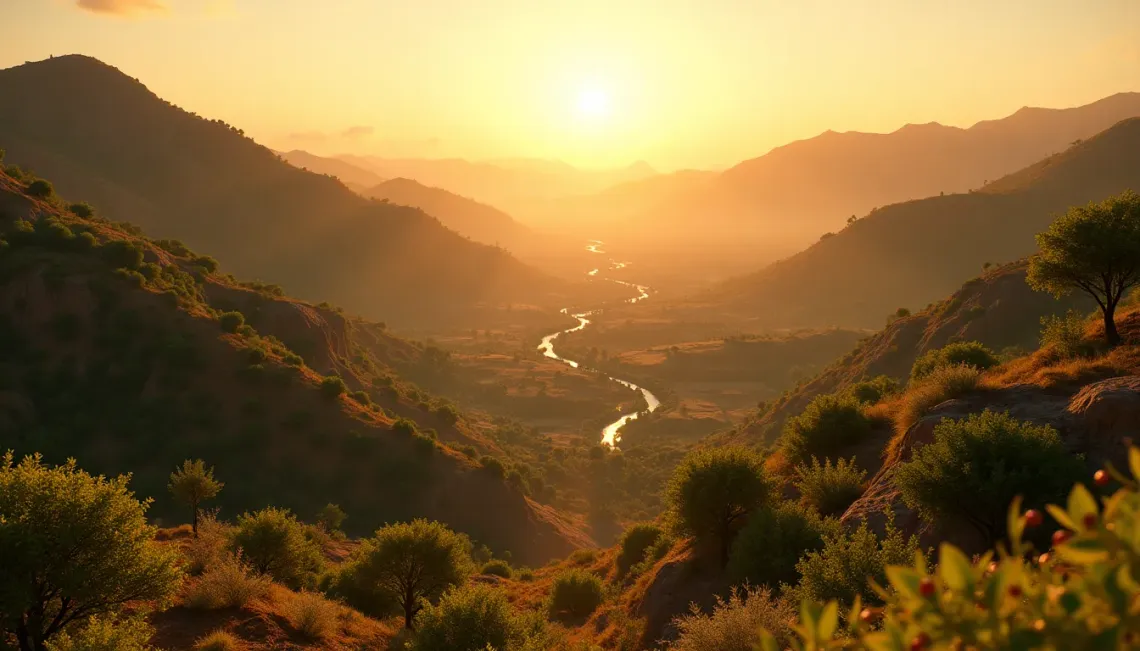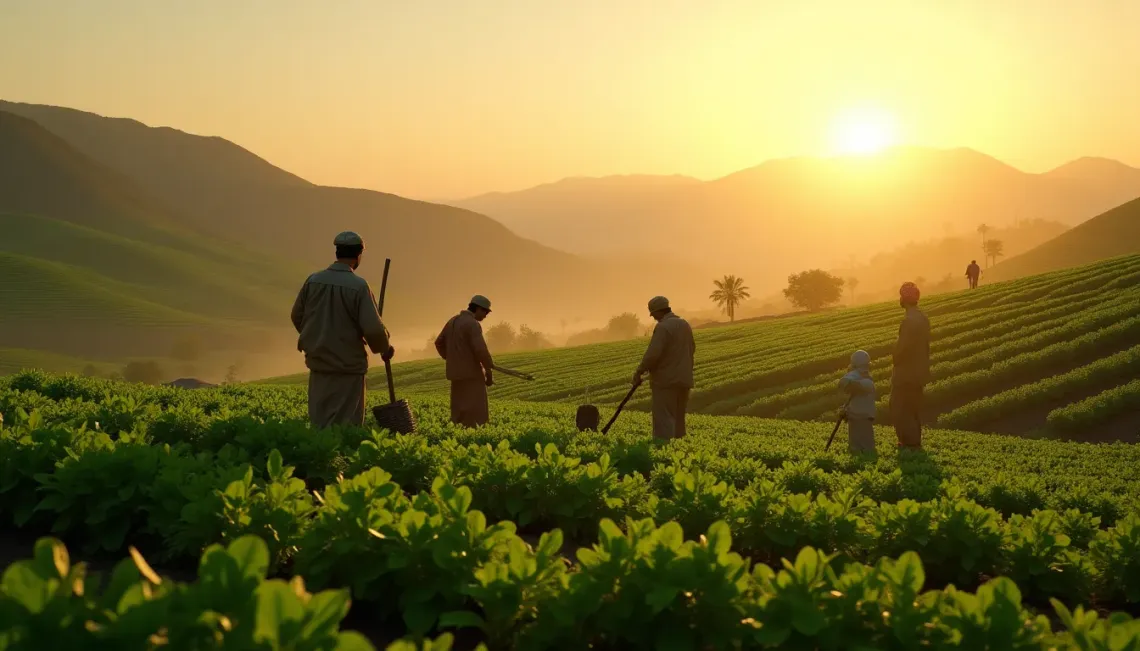In the small coastal town of Oceanville, the effects of climate change were becoming more and more evident. As the years went by, the once-thriving fishing industry started to decline rapidly, causing a ripple effect throughout the local economy.
Oceanville was known for its rich fishing grounds, where generations of families had made their living from the bountiful ocean. But with the rise in water temperatures and ocean acidification, the fish populations started to dwindle. The once-abundant schools of fish were now becoming harder to find, and smaller in size. It became clear that climate change was taking its toll on the marine ecosystem, and consequently, the livelihoods of the fishermen.
As the fishermen struggled to make ends meet, the local economy began to suffer. The demand for fresh seafood from Oceanville decreased, as the supply dwindled. Restaurants and seafood markets, which once thrived on the town's reputation for the freshest catches, had to source their seafood from elsewhere. This led to loss of business and jobs in the town, as well as a decline in tourism.
The effects of climate change extended beyond the fishing industry. Warmer temperatures and increased frequency of extreme weather events wreaked havoc on the agriculture sector. Farmers struggled to adapt to the changing conditions and faced challenges such as new pests and diseases that were previously unheard of in the region. Crop yields decreased, and food prices soared, putting additional strain on the local economy.
Furthermore, the rising sea levels threatened Oceanville's coastal infrastructure. Storm surges became more frequent and destructive, causing damage to homes, roads, and businesses. The cost of repairs and infrastructure improvements skyrocketed, putting a strain on local government budgets and the already struggling economy.
It was clear that climate change was not just an environmental issue but was deeply interconnected with the economy. The once-thriving town of Oceanville was now grappling with the consequences of a changing climate. The effects of climate change on the fishing industry, agriculture sector, and coastal infrastructure had far-reaching implications for the local economy, affecting businesses, jobs, and the overall well-being of the community.




